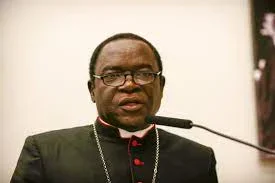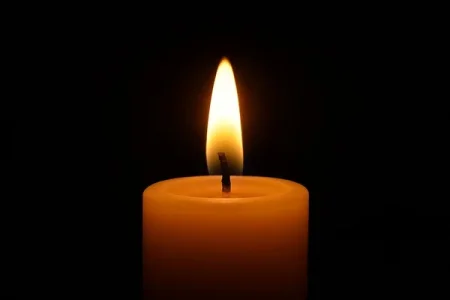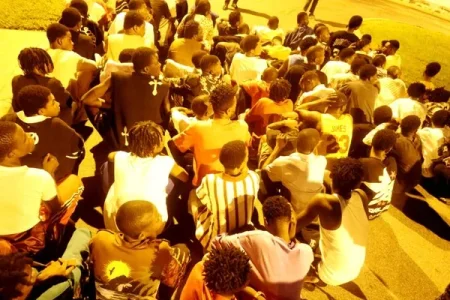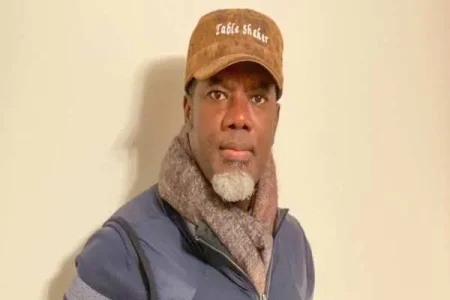
In a recent interview with Arise TV, the Catholic Bishop of Sokoto Diocese, Rev. Father Mathew Kukah, opened up about his longstanding criticism of former President Muhammadu Buhari's administration. Despite being one of the fiercest critics of Buhari's government, Kukah emphasized that his critique was never personal but rooted in deep concerns about the management of Nigeria's diversity.
Kukah's criticism was not taken lightly by the Buhari administration, with the former President's Special Adviser on Media and Publicity, Mr. Femi Adesina, often responding to Kukah's remarks. Adesina once accused the Bishop of being displeased that Buhari did not patronize him.
However, in his recent interview on Arise, Kukah expressed that he had no personal grudge against President Buhari. He acknowledged that Adesina, who was defending the former President, was merely doing his job. Kukah even playfully suggested that Adesina should relocate to Daura, where there's a branch of Foursquare Church, and be closer to his "Godfather."
Regarding Buhari's term in office, Kukah stated, "Buhari has served his term, and there is very little else to be said for and against." He reiterated that his criticisms were not personal or disrespectful but were focused on the former President's management of Nigeria's diversity.
Kukah also hinted at shocking revelations from former government officials about the Buhari administration. While he didn't provide names, he emphasized that he was astonished by what he had heard from those who served in that government.
Switching his focus to the present, Kukah briefly discussed President Bola Tinubu's first six months in power. He noted that while it might be too early to provide a comprehensive assessment, many had expected Tinubu to hit the ground running after preparing for the presidency for over 20 years. Kukah pointed out that the selection process for leadership positions is often self-constraining, with governors providing ministerial nominees and external agencies playing a significant role in decision-making.
In conclusion, Kukah emphasized the importance of holding those in power accountable and called for transparent and responsible governance. He stressed the need for institutions and instruments of engagement to be fully operational and for public policies to be clearly articulated to guide the country's direction.
This interview provides valuable insight into the motivations behind Kukah's criticism and the broader issues surrounding governance in Nigeria




